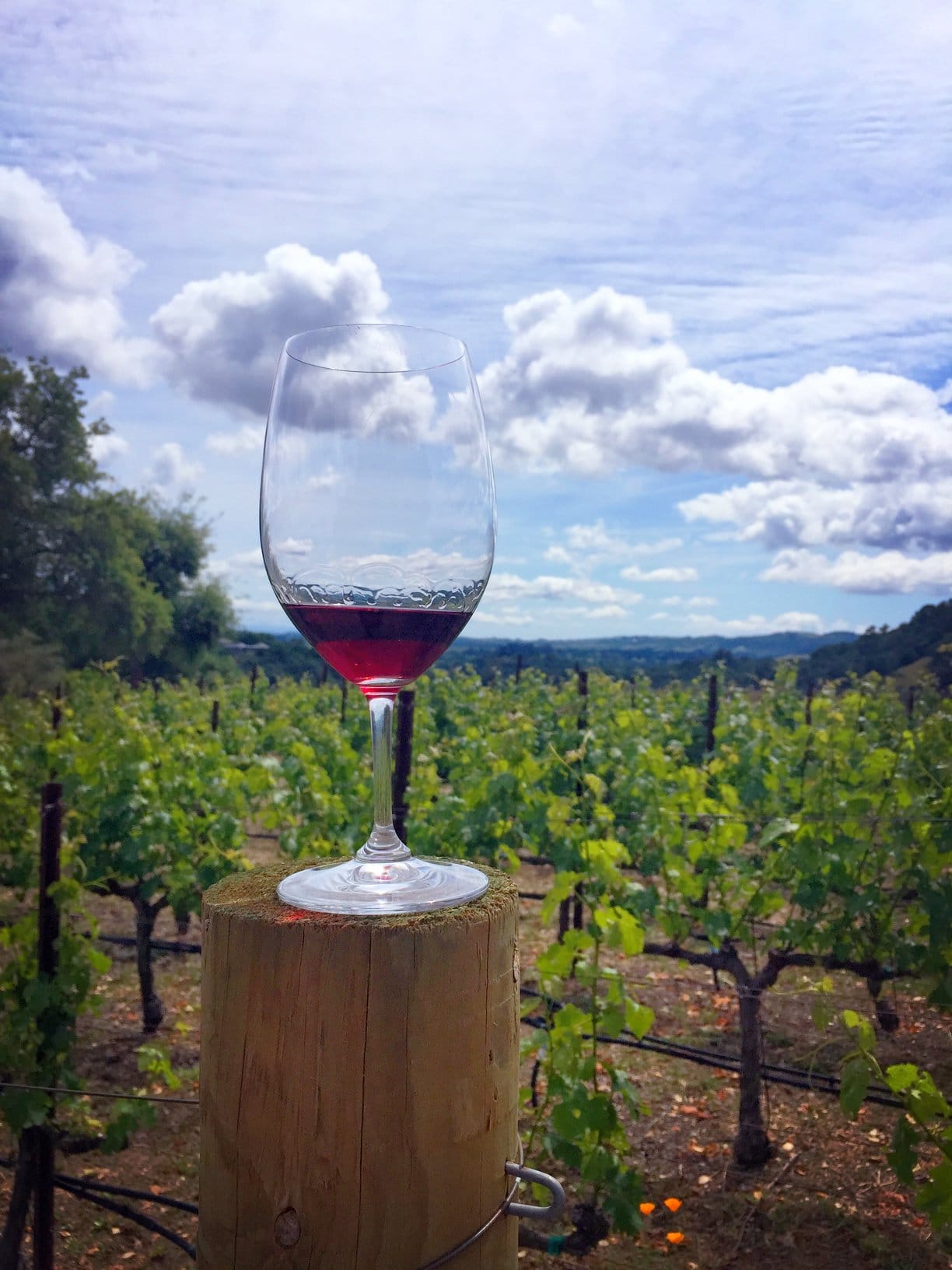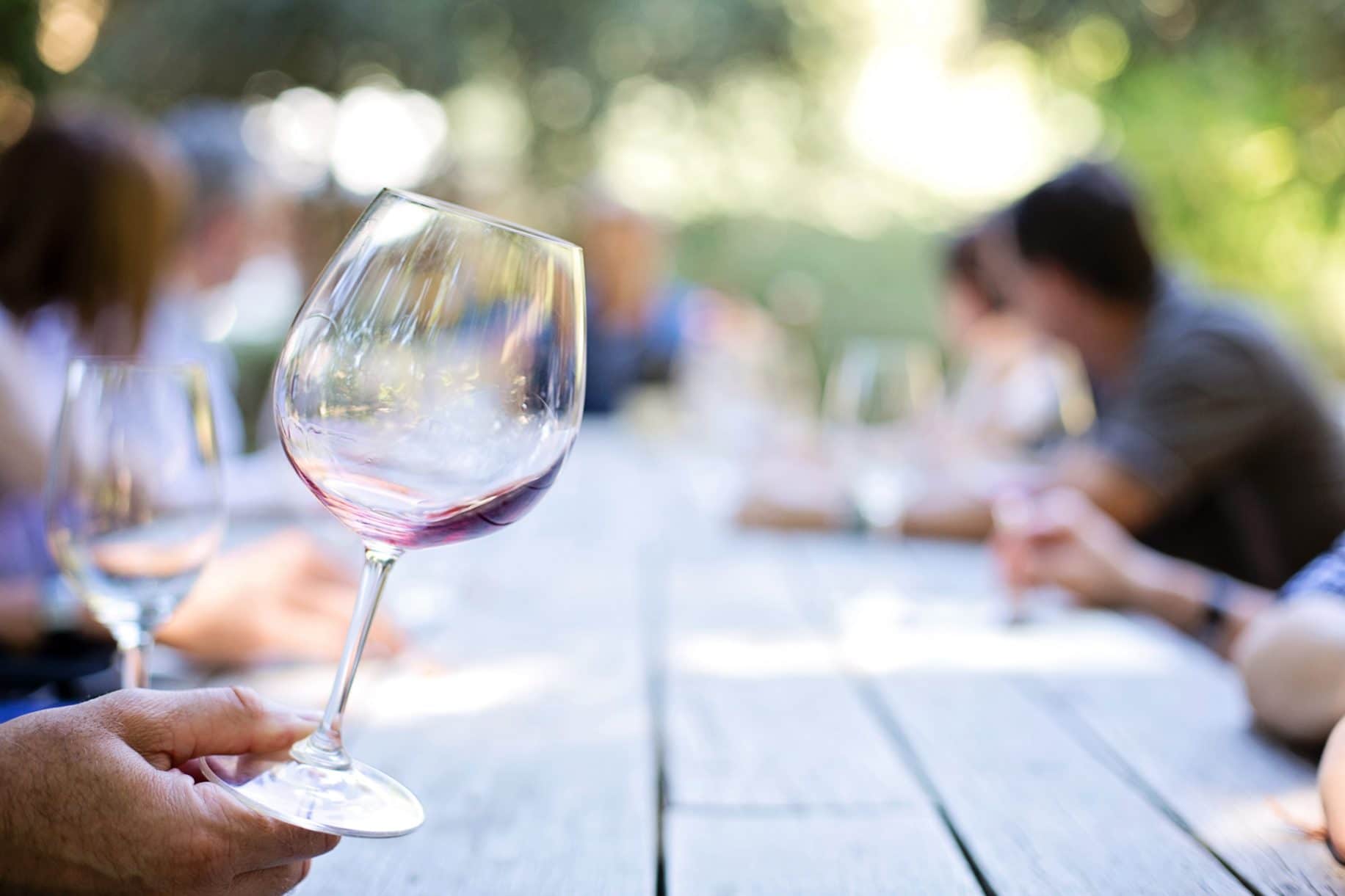I recently came across an article referencing some of my favorite producers from Santa Rita Hills. Many of them are featured here. The piece’s author, an admired veteran wine journalist, mentioned the term “food-worthy” as wine praise. That’s when I have decided that I can be silent no more.
It seems as though I have been writing this piece in my head for years. As a young student of wine, I had an endless thirst for knowledge, and I still do. Over the years I sat through mountains of seminars, spent every waking moment speaking with winegrowers and producers, and wrestled with assimilating a multitude of wine terms. Wine-speak is a delicate dish to digest, often nebulous and convoluted. It frequently comes with a large side of “inside baseball.”
I’ve heard many a debate over the definition of “balance,” “authenticity,” or “terroir.” I often wondered what some of these wine terms really mean.
In the last decade wine consumers have been asked to join a whole host of crusades. From pursuit of balance, to terroir, to biodynamics, to natural wines, to the next hip trend right around the corner. “Tastemakers” who preach the gospel of “food-friendly” wines now advanced the concept all the way to “food-worthy.” It reminds me of the Seinfeld “Soup Nazi” sketch. NO SOUP FOR YOU, you soup-unworthy wine!
I have experienced hundreds of food and wine pairings, most assembled by industry professionals. My most memorable pairings happened by accident, rarely by design. What this taught me is that good wine and good food pair well, period. If one is inferior, it kills the equation. Sometimes the gourmet stars align and you find yourself in an ethereal realm. Those moments are far rarer than the industry would like you to believe.
Pursuing ultimate balance, ultimate perfection, or ultimate anything, is wandering into unicorn territory. Say you catch the pink pony, what are you going to do with it?!
Such pursuits change the conversation. This, “watch the other hand” approach, isolates and spotlights a single attribute, such as alcohol content, to the exclusion of other equally important elements. It is no secret that many wineries fudge the alcohol content on the labels. At blind tastings, many industry professionals guess the wines in reverse, pegging the lower alcohol wines as higher and vice versa. Yet, in pursuit of dogma, all wine victims are equal and none are more equal than others.
Don’t get me started on the terroir terror. This overused word should be banned next from English language, along with “amazing,” “unctuous,” “sustainable,” and a few dozen others. If terroir could speak, it would ban itself. It describes next to nothing and confuses almost everything. Everyone has its own interpretation, consensus is impossible. Now, in addition to dirt, we discuss “human terroir.” This actually makes more sense to me. At least this term can be attached to a cellar worker, a winemaker, or a vineyardist—someone to hold responsible.
There are some wineries which practice organics and biodynamics without fanfare. They customize their practices to accommodate individual vineyard needs. However, there are a great many who jump on the trend simply to sell more wine. It’s the “gluten-free” monster of the wine industry, only a handful actually have the intolerance, everyone thinks they do.
“Tastemakers” are like love-makers, they are all around us; in fact they are us. We all make love, and we all taste. Their taste is hardly more relevant than ours. Unless you coincidentally share similar or identical palates, their opinions are mostly irrelevant. This is why I predominantly talk to winemakers, production, not marketing arm of the wine business. I learn the most from them.
With its subtle, yet growing pressure, these trends has resulted in the “collectivization” of the wine industry. Free yourself from wine authorities, real or perceived. You are the only one that can disempower them.
Imagine that wine is an ocean and your palate a beach. Don’t let a pelican swoop in and distract you from the beauty of what’s in front of you. Take it in and let wash over you. Then make up your mind on whether to go for a dip.
After decades of study, I eventually learned to separate fact from fiction; to take a leap of faith and learn to trust myself. Trust your very own palate – it is your greatest asset. Become your own tastemaker.




